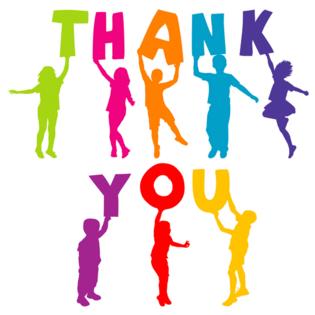The Kid Whisperer: How to teach your students to say 'please' and 'thank you'
Published in Lifestyles
Dear Kid Whisperer,
I just finished a year of teaching the most ungrateful group of students I’ve ever taught. I feel like I spent half of the year telling these second-graders to say “please” and “thank you” and to be appreciative and it did not have any effect. Other teachers have seen this as well, including the first-grade teachers. What do I do next year so this doesn’t happen again?
Answer: Kids don’t generally listen to our lectures, but they tend to notice when we take action.
The problem with lecturing kids about their conduct is that kids
1. Don’t like being nagged about their conduct.
2. Sometimes don’t care what kind of attention they get, as long as they get attention.
When you lecture kids about not being sufficiently appreciative, it annoys them and reinforces the negative behavior of acting ungrateful because it gives them attention. Annoyed and ungrateful is not a healthy way to be, and it’s never terrific to have 25 increasingly annoyed and increasingly ungrateful kids in a classroom.
Instead of using nagging and words to change the behavior to something pro-social and positive, we can take action to do so.
Here’s how I’ve done this with students thousands of times over many years. In this case, let’s say that Kid wants a piece of paper.
Kid #1: I want a piece of paper post haste!
Kid Whisperer (smiling): I give students stuff when they say “please” pleasantly.
Kid #1: Whatever. Gimme!
Kid Whisperer (somehow still smiling): Who do I give stuff to?
Kid Whisperer walks away.
Kid Whisperer: I noticed Kid #2 is raising her hand.
Kid #2: Can I please have a piece of paper?
Kid Whisperer: Of course, my friend!
Kid Whisperer hands Kid #2 a piece of paper, but does not let go of the paper, and looks at her with a smile. Kid #2 thinks hard about why it would be that Kid Whisperer has not released the paper, and why Kid Whisperer is smiling like that.
There’s a long, awkward pause.
Kid Whisperer: What should you say if someone gives you something?
Kid #2: Oh. Sorry. Thank you.
Kid Whisperer releases the paper.
For PK and kindergarten students, the original Limit-Setting Statement (“I give students stuff when they say ‘please’ pleasantly”) can be said once per day. After that, only use the Power Question (“Who do I give stuff to?”). Don’t forget to walk away. For first-grade classes and up, you can say the Limit-Setting Statement once per year, and then only use the Power Question for the rest of the year.
By calmly setting and enforcing limits about who we give things to and who gets to keep those things, we teach kids that they can get things and keep things when they demonstrate gratitude. This can make gratitude a habit for every student you ever have for the rest of your career.
©2025 Tribune Content Agency, LLC.
























Comments